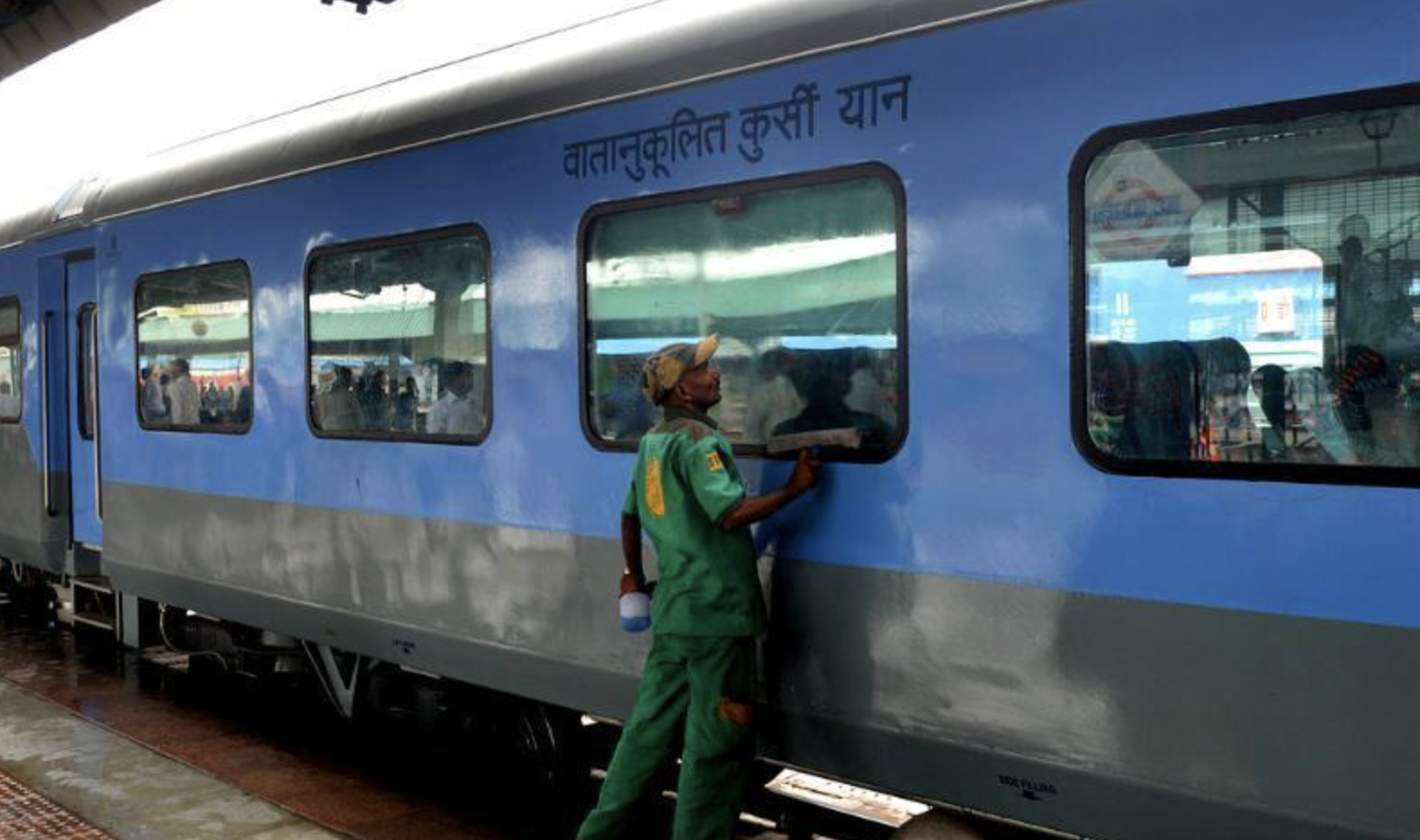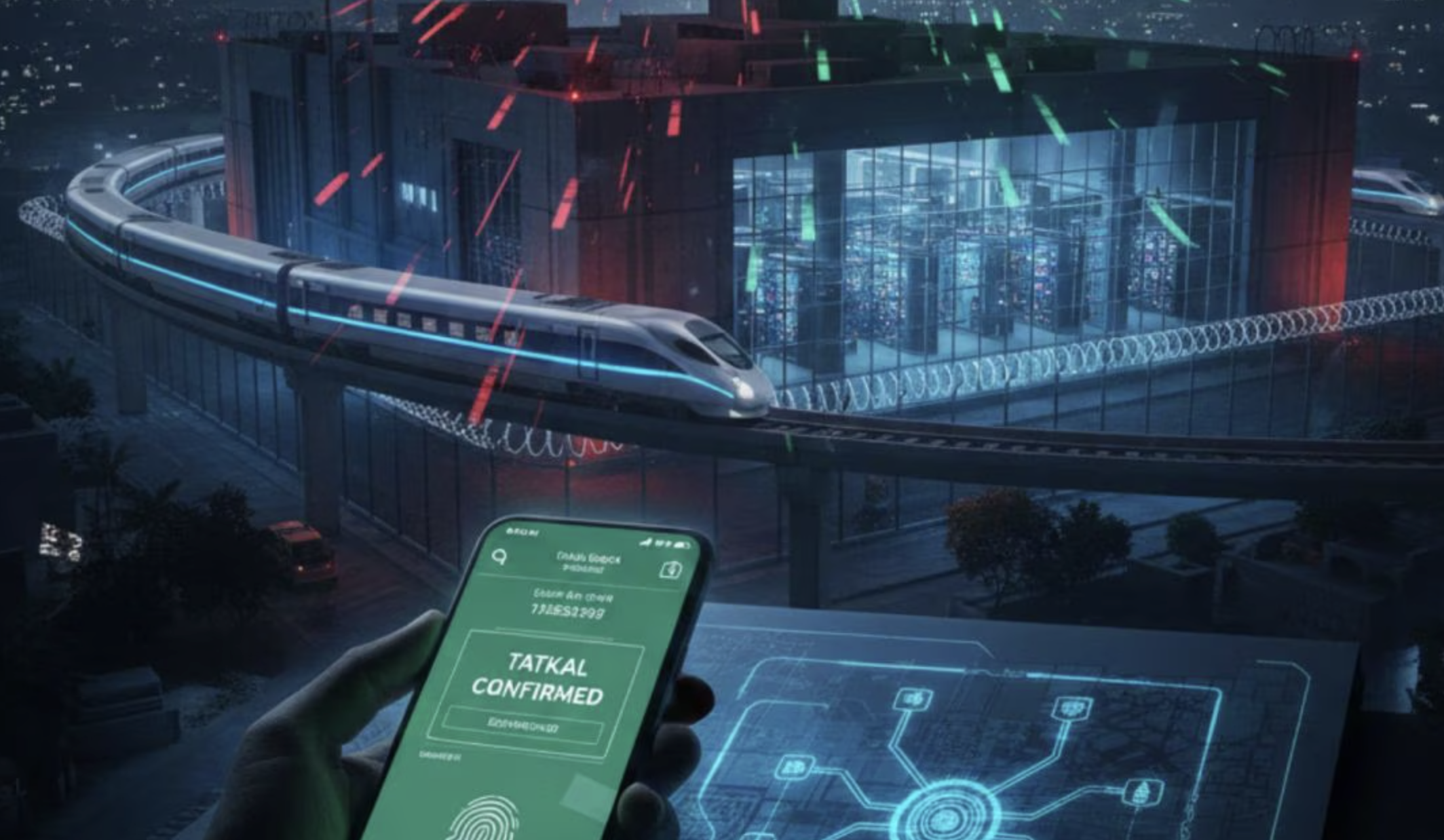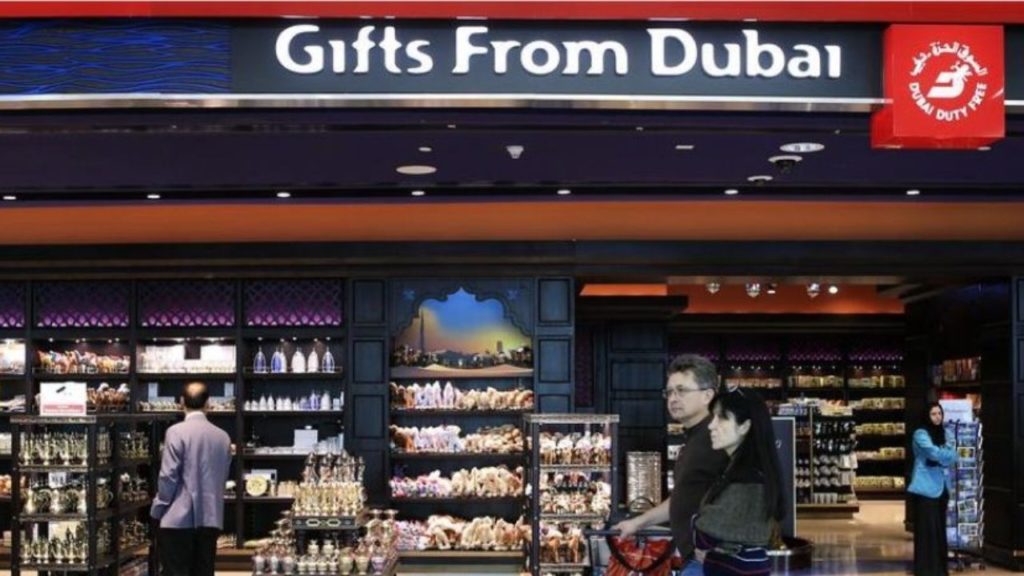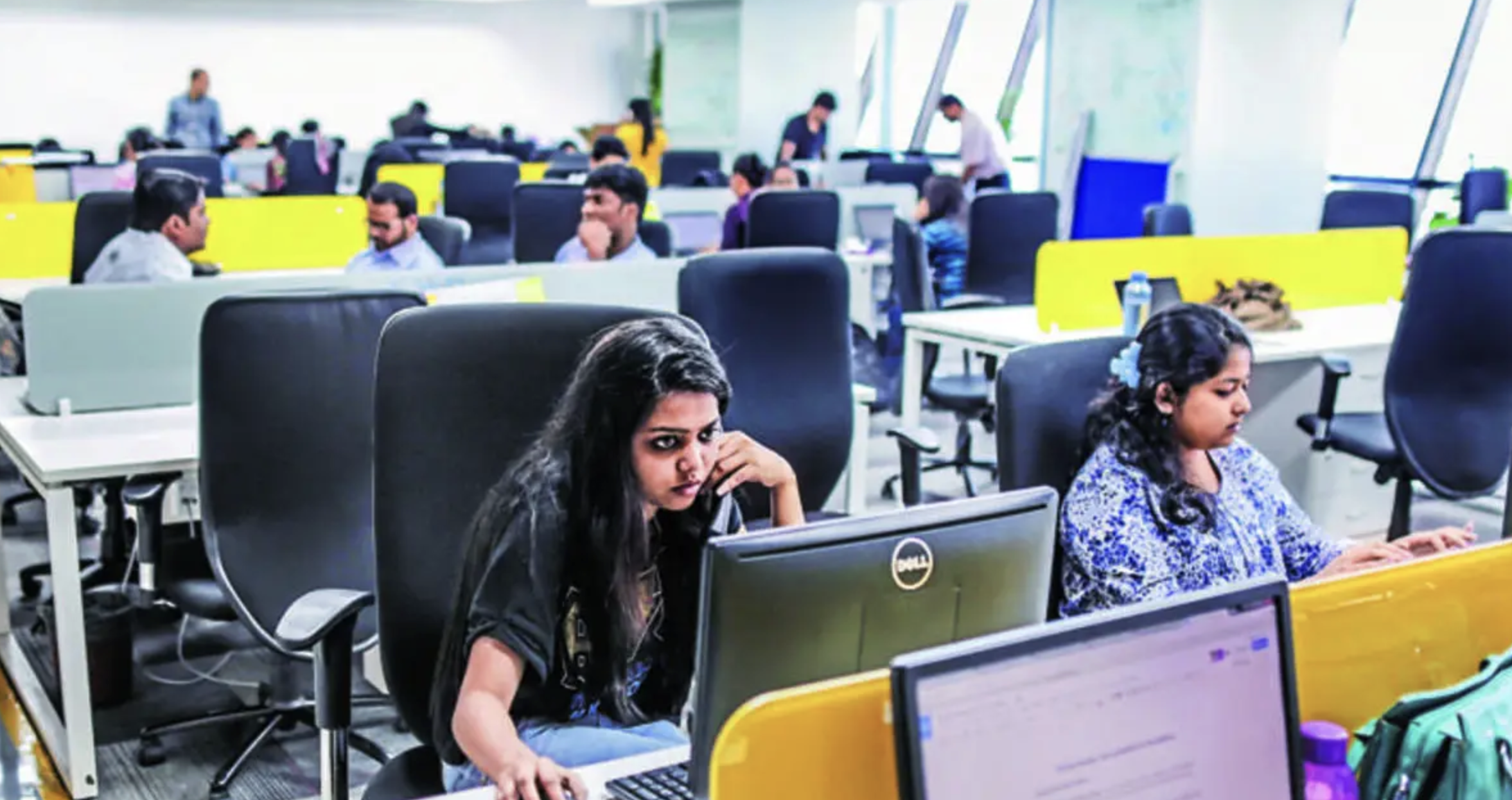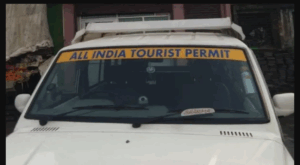In a recent development, the state government has written to the central government asking permission to link outstanding challans with the bank accounts of motorists considering a whopping outstanding e-challan amount of ₹2,429 crore due from 42.89 million traffic violators.
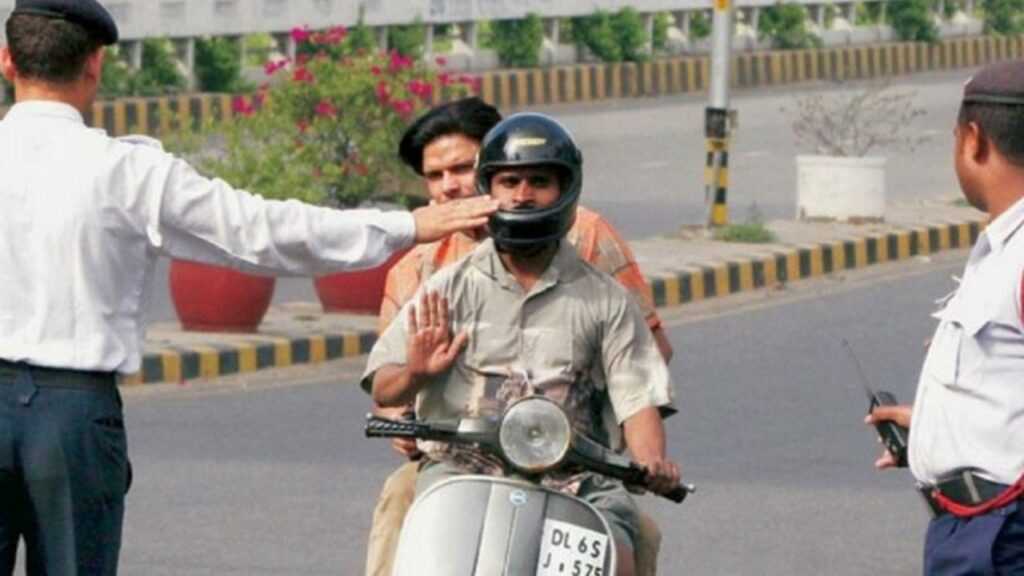
How Did This Happen?
This seems to be a topic which needs more attention as the state government has been able to recover only 35% of the penalties levied through e-challans during the last five years.
So far, over 7,53,36,224 motorists have been fined for traffic violations through e-challans by traffic policemen using handheld devices and CCTV networks after e-challans came into existence in January 2019.
It appears that the penalties levied amounts to Rs 3,768 crore across the state.
Interestingly, the motorists in the country have paid only Rs 1,339 crore or 35% of the outstanding amount as of March 2024.
Further, thes E-challans are issued to motorists for over-speeding, lane-cutting and jumping signals among other violations.
Unable To Recover Outstanding Amount
This issue has become a concern as the state government has been unable to recover the outstanding amount, despite many drives.
This has resulted in the state transport department writing to the central government for permission to link the e-challans to the bank accounts of the motorists.
There is a possibility for this as “The bank account linked to the Fastag and for payment of annual motor insurance will be linked with the outstanding e-challans,” according to an official from the transport department.
Adding, “This will enable us to recover the outstanding amount whenever the motorist attempts to top-up his Fastag or pay his vehicle insurance.”
Since the Banking Act was a central government subject, the linking of the bank accounts needed its approval, the official said.
Confirming the news, the source said, “We have sent the proposal recently and expect a positive response from the center.”
It is noteworthy here that most of the outstanding amount was from private car owners, said another officer from the state transport department.
Adding, “Recovery from public transport vehicles is easier and done during the annual renewal of their permits. However, this is not possible in the case of private car owners.”
It appears that the regular drives by the traffic police had failed to reap the expected results.
Let’s see how this works out in the coming future.
